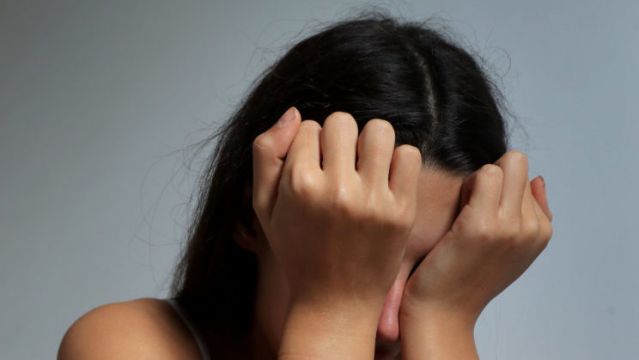Young people who have suffered adversity at home, among peers or at school are “substantially more” at risk of self-harm, researchers at the University of Galway have found.
Academics at the Unesco Child and Family Research Centre and School of Psychology published their report on mental health and well-being on Thursday.
The report is based on results from surveys of more than 15,000 young people in three counties – Galway, Mayo and Roscommon – between 2018 and 2022.
The report, Adolescent Mental Health and Adversity – Profiles and Trends in the West of Ireland, examines statistics from Planet Youth surveys where pupils in fourth year in post-primary schools in the three counties self-report on a range of topics.
The research focused on patterns of adversity which young people experience across home, peer and school contexts to establish whether these are linked to mental health outcomes or self-harm behaviours.
Researchers used the study to identify protective factors and determine whether personal practices, such as sleep and physical activity, and whether friend or parental support and school safety are associated with better mental health outcomes or could act as a buffer for adversity-related risk.
Key findings included that adversity increased risk of self-harm and was associated with poorer mental health outcomes among adolescents.
It also found that health behaviours, such as sleep and physical activity, and support from parents, peers and schools were associated with better mental health outcomes.
Researchers also said that young people who experienced adversity across multiple contexts were substantially more at risk of self-harm, compared to those who did not experience adversity.
The report stated that approximately 13 per cent of the young people who had little likelihood of experiencing adversity were likely to have self-harmed at some point in their life.
This was compared with 27 per cent of the young people who experienced parental adversity, 37 per cent of those who experienced adversity amongst peers, and 82 per cent of those who experienced adversity in several ways.
It found that depressive tendencies were highest among the group who experienced adversity across multiple contexts and lowest for the low-adversity group.
The report said that girls and non-binary teenagers were more likely than boys to self-harm, and experience poorer mental health outcomes, while Irish adolescents, and those from two-parent households, reported better mental health outcomes than adolescents from other family structures or cultural backgrounds.
The research was conducted by Dr Charlotte Silke, Dr Bernadine Brady, Dr Caroline Heary and colleagues from the University of Galway.
Dr Silke said the research highlighted an important link between youth adversity and mental health.
“Consistently, across each year, we found that experiencing adversity, in any setting – whether that’s at home or at school – increases risk of self-harm and poor mental health,” Dr Silke said.
“Youth who experience adversity across multiple contexts, for example, at home and at school, are at substantial risk.
“To fully understand the impact of adversity on young people we need to look at the contexts in which they are experiencing adversity.”
Dr Brady said that sleep, physical activity and peer support were connected to better mental health.
“From a policy perspective, the link between adversity and poor mental health highlighted in this study underlines the need for prevention and early intervention services and supports to reduce adversity for children, young people and families,” Dr Brady added.
“Key messages for young people, parents or guardians and schools are that factors such as sleep, physical activity, support from parents and friends and feeling safe at school are associated with better youth mental health.”
If you have been affected by any of the issues raised in this article, you can freephone the Samaritans 24 hours a day for confidential support at 116 123 or email jo@samaritans.org.
Alternatively, the contact information for a range of mental health supports is available at mentalhealthireland.ie/get-support.
In the case of an emergency, or if you or someone you know is at risk of suicide or self-harm, dial 999/112.







